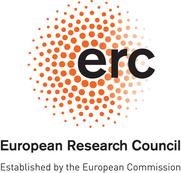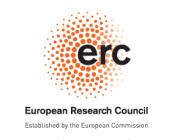Our research project sets out to explore the process of universalizing the historical experience of World War II. It does this by searching for historical understanding and moral judgement against the backdrop of an emerging global cultural environment, rich with a burden of multiple diverse recollections. In methodological terms, the project proceeds from the colonial periphery of events. That tack seeks to develop a fresh and innovative view on the emergence of knowledge and meaning in a globalizing world. At the same time, it places the core event of the systematic annihilation of the Jews by the Nazi regime at the center of the question of universal historical judgement.
The main research focus springs from transposing a horizontal (West-East) alignment, which has long been traditionally significant for continental European history, with a vertical, North-South axis. The latter assists in shaping a colonial and post-colonial perspective on World War II. This focal research constellation tends to lead to an ensemble of conflicting moral discourses of comparison and analogy. In the process, the Holocaust is seen to function on the one hand as the central shaping event of continental narrative, while on the other, genocidal atrocities point up aspects of colonial or post-colonial comprehension, perception and narration. In what may seem like a paradoxical turn, this ‘peripheral’, colonial vantage point is extended to encompass continental European affairs, helping us to better comprehend the sheer multiplicity of experiences and memories unfolding there. In epistemological terms, such a research perspective can enable us to reconstruct a universally convincing and valid understanding of what is a foundational event in European and global history – the recollection of World War II, its history and its memory. It can thus facilitate a common judgement while simultaneously configuring anew the meaning of “History”.
Main Activities:
- Research: Each project member conducts an individual research.
- Events: The project team organizes on a regular basis international conferences, international workshops, guest lectures, project lectures and project seminars.
- Reading Group: The project’s postdoctoral fellows and research associates meet on a regular basis to discuss scholarly literature and their individual research projects.




